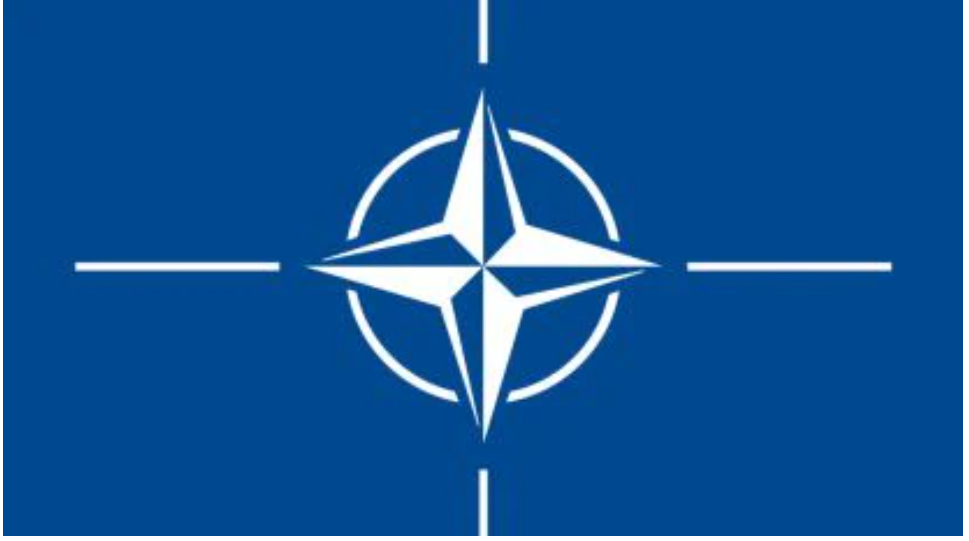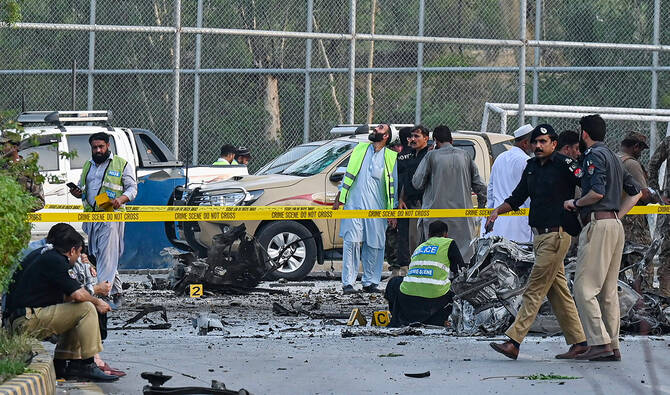By_shalini oraon

the complex geopolitical and sporting implications of Afghanistan’s withdrawal from the Tri-Nation Series following Pakistani airstrikes.
—
The Unraveling of a Cricket Pitch: When Geopolitics Silences the Sound of Leather on Willow
The world of international sport often prides itself on being an arena separate from the fray of politics and conflict—a neutral ground where rivalries are settled with a ball, a bat, or a finish line. This illusion was shattered with brutal force when the Afghanistan Cricket Board (ACB) announced its immediate withdrawal from a Tri-Nation Series also involving Pakistan and Sri Lanka. The reason was not a logistical failure, a financial dispute, or a squad injury crisis. It was an act of war. The ACB’s statement pointed directly to “the cowardly attack by the Pakistan military” in the border regions of Afghanistan, which, according to Afghan authorities, resulted in the deaths of at least three individuals identified as “players.”
This single decision, reverberating from the dusty pitches of Kandy to the corridors of power in Kabul and Islamabad, represents a profound moment. It is a stark illustration of how the meticulously maintained boundaries between sport and statecraft can collapse, transforming a cricket tournament into a mere extension of a long-standing, bloody conflict.
The Incident: From Border Skirmish to Sporting Boycott
The immediate trigger was a series of airstrikes carried out by the Pakistani military in the early hours of a Monday in the provinces of Khost and Paktika, areas that border Pakistan. Islamabad stated the operations were targeting militants belonging to the Tehrik-i-Taliban Pakistan (TTP), a group it claims operates from safe havens in Afghanistan. The Afghan Taliban government, however, vehemently denied this and condemned the strikes as an “invasion” of its sovereignty.
The human cost quickly became the focal point. While Pakistan spoke of eliminated terrorists, Afghan officials presented a different narrative: that of civilian casualties. The ACB’s statement specified the death of three individuals it called “players.” This term requires careful parsing. In the highly tribal and sports-obsessed regions of Khost and Paktika, it is plausible that these individuals were local, perhaps aspiring, cricketers. They may not have been national team stars, but in the Afghan context, where cricket is a powerful symbol of national identity and resilience, the label “player” carries immense weight. Their death was not just a statistic; it was, for the ACB, an attack on the very fabric of their sporting community.
The ACB’s response was swift and unequivocal. They declared the withdrawal a “direct result of the cowardly attack,” citing the “principle of national dignity and the profound emotions of the Afghan people.” This was not a negotiation tactic; it was a moral and political stance. By pulling out of a series where Pakistan was a direct participant, they weaponized their sporting presence to make an undeniable geopolitical statement.
Cricket: A Bat and Ball in the Arena of Afghan-Pakistan Relations
To understand the gravity of this move, one must appreciate the deeply intertwined and often fraught history between Afghanistan and Pakistan, with cricket at its very heart. Pakistan has long been the cricketing godfather to Afghanistan. In the early 2000s, as the Afghan national team began its journey from the ashes of war, it was in Pakistani refugee camps and cities like Peshawar that many of its first-generation players learned the game. The Pakistan Cricket Board (PCB) provided infrastructure, coaching, and crucial early international exposure.
However, as Afghanistan’s team grew in stature and confidence—becoming one of the world’s most celebrated sporting underdog stories—the relationship soured. On-field rivalries intensified, mirroring the deteriorating political relations between the two governments. The Afghan Taliban’s return to power in 2021 further complicated matters. While the new government in Kabul embraced cricket as a tool for legitimacy and national pride, its relationship with Islamabad nosedived over the persistent issue of the TTP and the disputed Durand Line border.
Cricket matches between the two nations thus became proxy battles. An Afghan victory was celebrated not just as a sporting triumph but as a moment of national vindication against a powerful and often domineering neighbor. In this highly charged context, the Tri-Nation Series was never just a cricket tournament. It was a diplomatic engagement, a fragile bridge between two hostile nations. The airstrikes didn’t just damage this bridge; they obliterated it, making any pretense of sporting camaraderie impossible for Kabul.
The Fallout: Condemnation, Silence, and the ICC’s Dilemma
The fallout was immediate and stark. The Afghan camp stood united. Former and current players, many of whom had learned their cricket in Pakistan, expressed outrage and solidarity with the board’s decision. For them, playing a game while their countrymen were being killed in cross-border strikes was an unthinkable act of moral compromise.
The response from Pakistan was a mix of official silence and public frustration. The PCB, while likely disappointed, found its hands tied by the actions of its own military. There was no room for a sporting body to critique state policy. Some Pakistani commentators and sections of the media expressed disappointment, framing the withdrawal as a politicization of sport that ultimately harmed the players and fans. The Sri Lankan cricket board, the innocent bystander in this bilateral dispute, was left to ponder the ruins of a carefully planned tournament, a victim of a conflict in which it had no stake.
The incident also throws a formidable challenge at the feet of the International Cricket Council (ICC). The global governing body’s statutes typically discourage the mixing of politics and sport. However, this is not a simple case of a political protest; it is a reaction to a military action that resulted in the deaths of individuals linked to the sporting community. The ICC now finds itself in an unenviable position. Can it penalize the ACB for withdrawing under such circumstances? Would a fine or a points deduction be seen as insensitive, or even complicit, in the face of loss of life? The ICC’s handling of this unprecedented situation will set a critical precedent for how international cricket navigates the increasingly volatile intersection of geopolitics and sport.
Beyond the Boundary: A New, Dangerous Precedent
Afghanistan’s withdrawal from the Tri-Nation Series is more than a cancelled fixture; it is a potent symbol of a new reality. It demonstrates that in an age of heightened nationalism and unresolved conflict, the cricket field is no longer a sanctuary. It is a front line.
This event sets a dangerous precedent. If a nation can justify withdrawing from an international commitment due to military actions, it opens the door for other nations to follow suit in future disputes. The very structure of international cricket calendars, built on mutual agreement and political stability, could be threatened.
Ultimately, the silence that now hangs over the grounds where Afghanistan was scheduled to play is deafening. It is a silence that speaks volumes about the enduring pain of border disputes, the weight of national pride, and the tragic fact that the sound of leather on willow is, at times, no match for the roar of jet engines and the explosion of ordnance. The stumps have been pulled, not by the umpires, but by the grim, unyielding hand of international conflict. The game, for now, is over.
Discover more from AMERICA NEWS WORLD
Subscribe to get the latest posts sent to your email.









































Leave a Reply